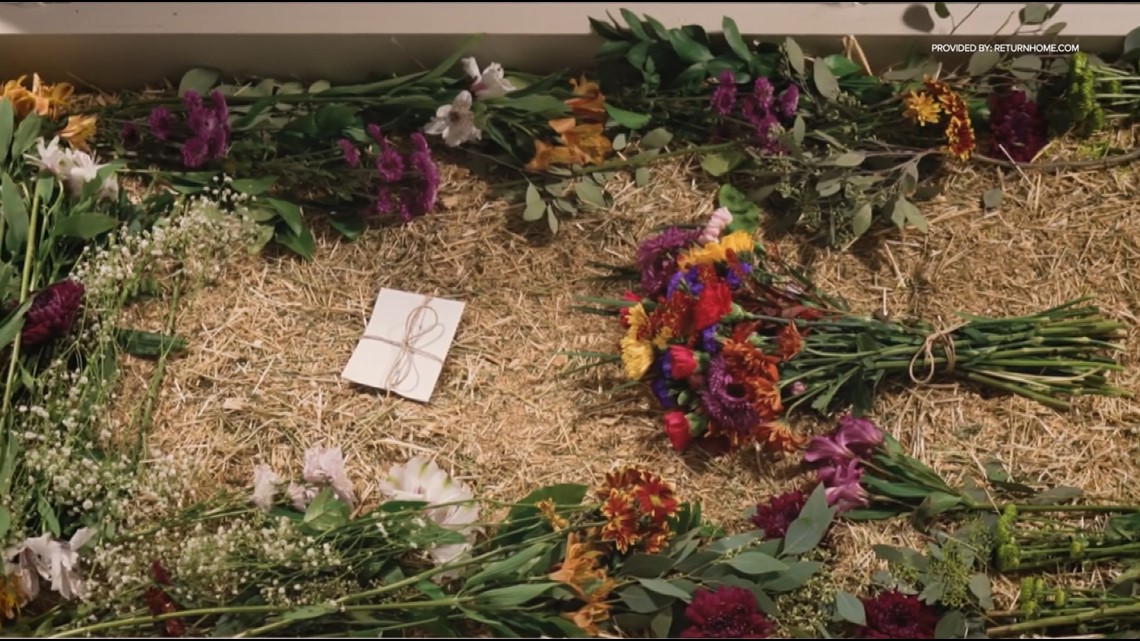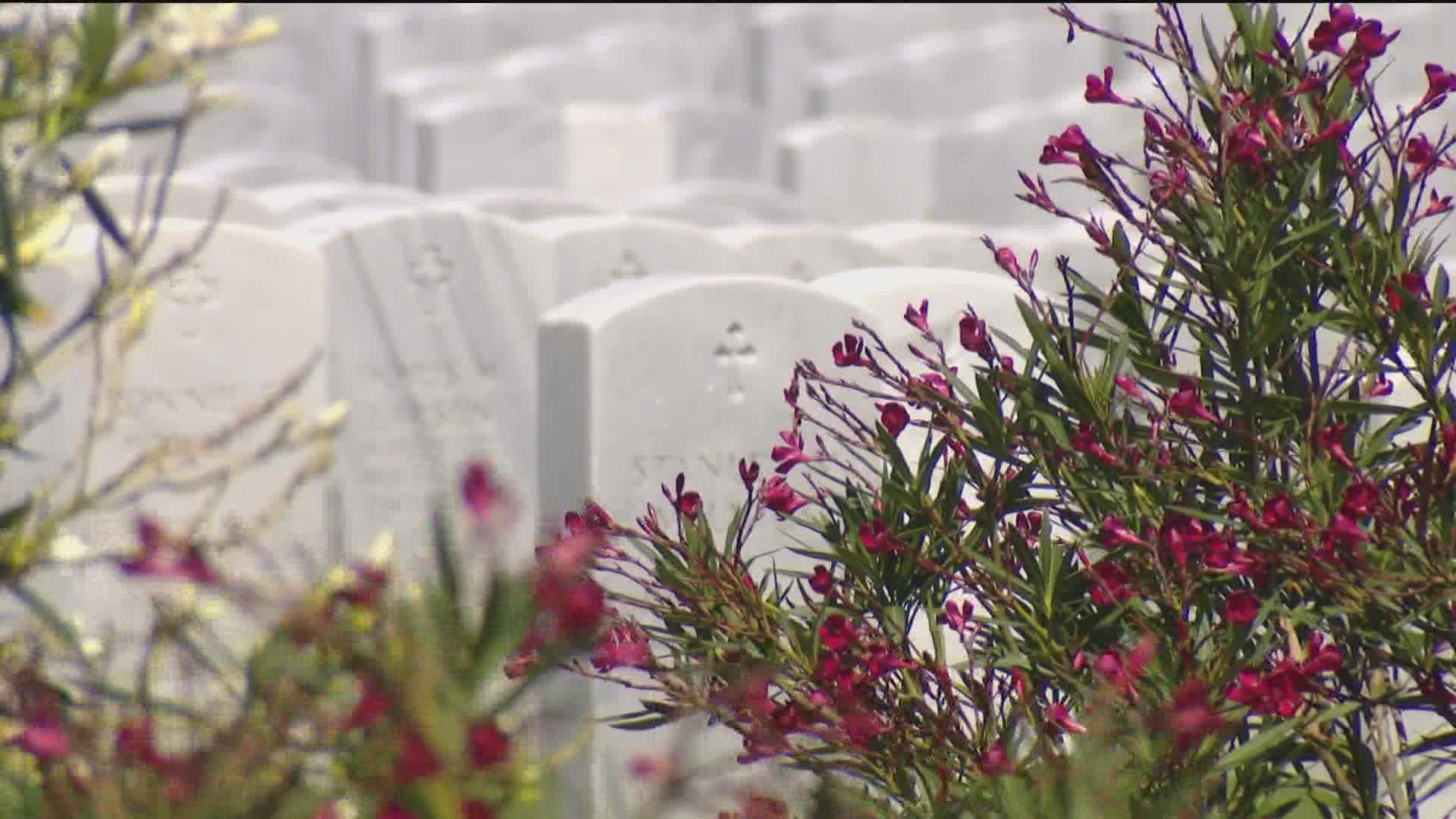SAN DIEGO, California — State lawmakers have cleared the way for a more eco-friendly burial option in California, joining four other states in the country that offer human composting as an option for end-of-life care.
California lawmakers passed Assembly Bill 351, authored by Assemblywoman Christina Garcia (representing District 58), and the bill was signed into law by Governor Newsom. The law won't go into effect until 2027 but allows for 'natural organic reduction,' a process that would allow for human remains to break down in a soil-filled vessel over time.
“The cycle of returning back to life is nothing new," said Assemblywoman Garcia. "It’s compost, it’s soil, so that can be used to plant trees, that can be used to plant a garden. It’s also good for the environment."
California, however, is not the first state to allow it. The process has been well underway in four other states: Washington, Oregon, Colorado, and Vermont. Micah Truman is the CEO of Return Home, a funeral home just outside of Seattle – and has offered the process to families for over a year.
“California is the bellwether and the fact that you guys have ratified means it’s simply a matter of time before the rest of the states in the union do," Truman told CBS 8.
It’s also part of a continued push across California to reduce carbon emissions and reduce climate change. "Cremation: 30 gallons of fuel per case and blows 530 pounds of CO2 into the air. Last time I checked, all of us are going to die. So we literally have developed a system that is deeply problematic to solve a problem that happens to every person on the planet.”
The greener alternative takes 60 days and involves two different phases. First, the body is placed in a vessel filled with soil, along with organics like alfalfa, straw, and sawdust. The vessel is warmed slowly to about 160 degrees Fahrenheit, allowing the microbes in the body to expedite the decomposition process. After 30 days, the body is decomposed with only bones remaining.


Bones are broken down in a similar way to cremation, and then re-added to the soil and allowed to sit for 30 more days. Families can opt to receive the new nutrient-dense soil or have it spread in a forest location.
Natural organic reduction of human remains uses about 90 percent less energy than traditional methods. It also returns the nutrients back to the earth much faster than a traditional casket burial and with more nutrients than cremation.
When asked why people should opt for a natural organic reduction in comparison to traditional burial or cremation, Truman noted, "Neither of these options strikes us as overly appropriate to the environmental situation our Earth is having.”
Earlier this year, CBS 8 was at the grand opening of the state’s first aqua-cremation site in Escondido – using just water and an alkaline solution to provide remains. Human composting builds on the now multiple green options available.
“Our last decision on this planet is what we do with our body. It matters enormously," said Truman. "It’s really important we consider it carefully and make it count.”
Assemblywoman Garcia says if every California resident chose natural organic reduction over the next 10 years, it would prevent 2.5 million metric tons from entering the atmosphere. “Given the heat dome, the drought, the wildfires... We need to do everything and anything to create eco-friendly options in all spaces," said Garcia.
WATCH RELATED: First California-based water cremation facility opens (Feb. 2022)

